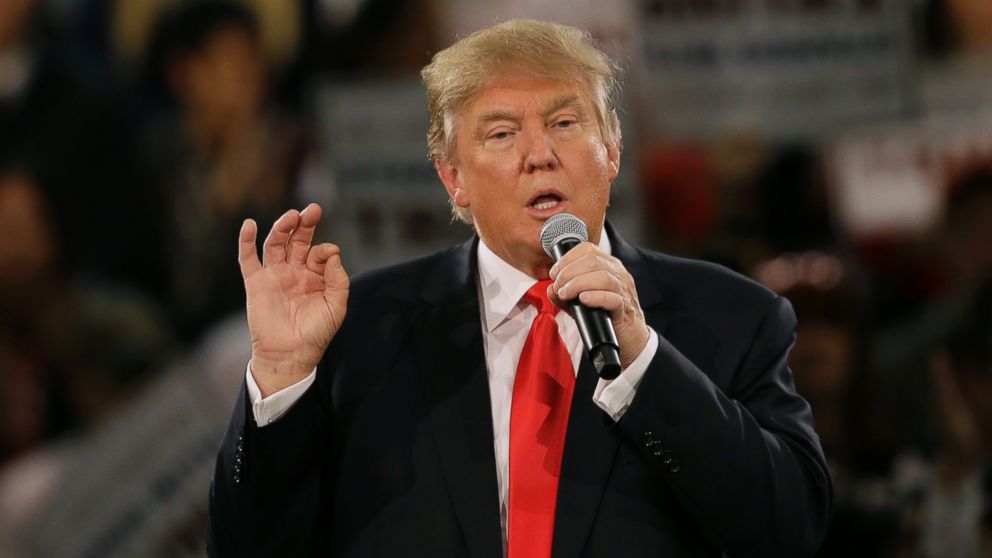Donald Trump: Chief Justice Roberts Upheld Obamacare 'to Be Popular in the Beltway'
Trump says Roberts "really let us down."

AIKEN, South Carolina — -- GOP frontrunner Donald Trump went after Supreme Court Justice John Roberts during a town hall Saturday, arguing that the chief justice upheld the Affordable Care Act to win favor in the Beltway and that there was "no legal reason" for him to uphold the law.
"Justice Roberts really let us down," Trump told a crowd packed into a gymnasium at the University of South Carolina–Aiken. "What he did to Obamacare was disgraceful and I think he did it because he wanted to be popular in the beltway or something, because he did it the first time, and should have never done it and that would have killed it.
"There was no legal reason why he shouldn't have ended Obamacare the first time or second time, but in particular the first time, but the second time was even clearer," Trump continued. "So when talk about Supreme Court and judges, he's so disappointing to me."
In a discussion on what qualities he would look for in selecting justices for the nation's highest court, Trump went on to offer praise for Justices Clarence Thomas, Antonin Scalia, and Samuel Alito -– calling Thomas "highly underrated."
"We have three or four very good ones, but a man I think is highly underrated, he's been so consistent for so long and we should give him credit: Clarence Thomas," Trump said. "Scalia is terrific, but Clarence Thomas has been so consistent ... he has been very strong and consistent and I really respect that."
Trump’s praise for Scalia comes after a week when the justice was swept up in controversy after he suggested during court arguments over an affirmative action program that some black students might belong in "slower-track" universities.




